Rose clay, also known as pink clay or pink kaolin clay, is a gentle and versatile cosmetic clay with a soft pink hue that comes from naturally occurring iron oxides. It is a mild kaolin clay, making it suitable for a wide range of skin types, including sensitive, dry, and mature skin.
How Rose Clay Helps the Skin
Rose clay offers a variety of benefits for skincare, primarily because of its gentle nature and mineral-rich composition.
- Gentle Cleansing and Exfoliation: Rose clay has a fine texture that helps to gently buff away dead skin cells and remove impurities from the skin’s surface without being abrasive. This process reveals a brighter, smoother, and more radiant complexion.
- Detoxification and Oil Control: While it is milder than other clays like bentonite, rose clay still has a remarkable ability to absorb excess oil, dirt, and toxins from the pores. It helps to purify the skin and reduce the appearance of blackheads and blemishes, but without stripping the skin of its natural oils. This makes it a great option for balancing both oily and dry skin types.
- Soothing and Calming: The gentle nature of rose clay makes it excellent for soothing inflamed or irritated skin. It can help to reduce redness and promote a more balanced and even skin tone.
- Improved Circulation: When applied to the skin, rose clay can help to improve blood circulation, which brings oxygen and nutrients to the skin cells. This can result in a revitalized and healthy glow.
- Skin Tone and Texture: Regular use of rose clay can lead to an improvement in skin tone and texture, as it helps to refine pores and promote a more supple and youthful appearance.
Common Uses
Rose clay is a popular ingredient in many DIY and commercial skincare products. Its most common applications include:
- Face Masks: This is the most popular use for rose clay. It can be mixed with water or other liquids to create a simple, effective face mask.
- Soaps: Rose clay is often added to soap formulations for its natural color, gentle exfoliating properties, and ability to help maintain the skin’s moisture balance.
- Cleansers and Scrubs: Its fine texture makes it a great addition to facial cleansers and body scrubs for a mild, purifying exfoliation.
- Bath Soaks: Adding rose clay powder to a bath can create a luxurious, skin-softening experience.
How to Use Rose Clay
A simple and effective way to use rose clay is by creating a face mask. Here is a basic recipe:
- Preparation: In a non-metallic bowl (it’s best to avoid metal when working with clay), mix 1-2 teaspoons of rose clay powder.
- Add Liquid: Gradually add a liquid of your choice, such as water, rose water, or aloe vera juice, until you form a smooth, even paste.
- Application: Apply a thin, even layer of the paste to your freshly cleansed face, avoiding the sensitive eye and lip areas.
- Wait: Leave the mask on for 8–10 minutes, or until it is slightly dry but not completely hardened. Allowing the mask to completely dry can be too harsh and may strip your skin of its natural oils.
- Rinse: Gently rinse the mask off with lukewarm water, massaging in circular motions as you remove it.
- Moisturize: Pat your skin dry and follow up with a hydrating toner or a light moisturizer to lock in moisture.


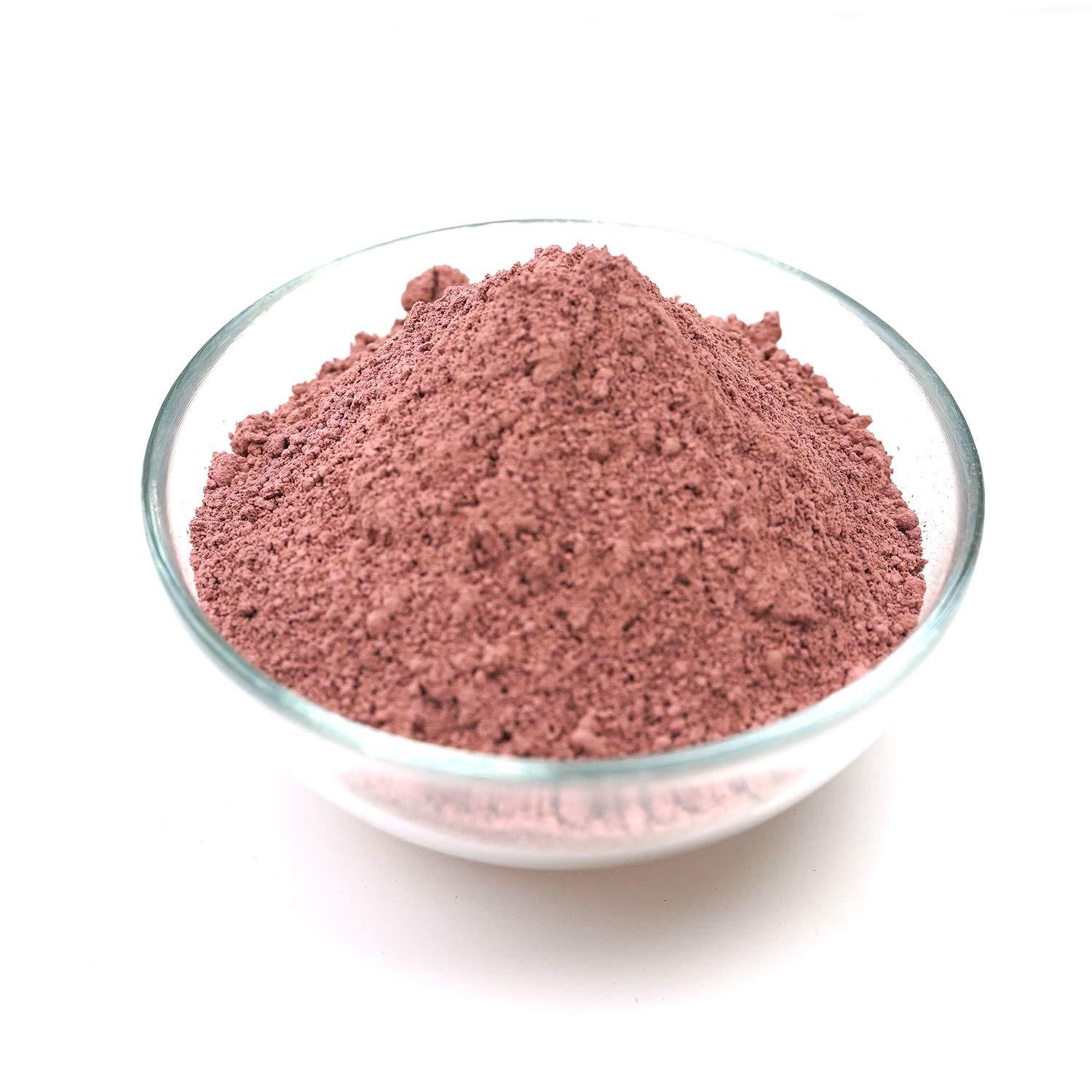
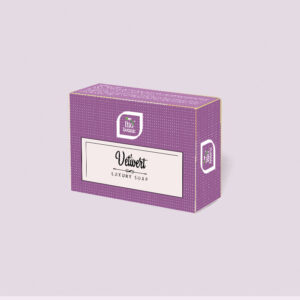
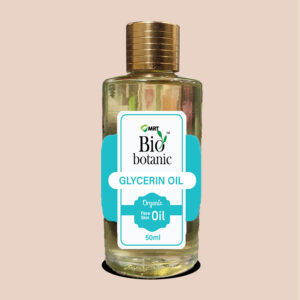
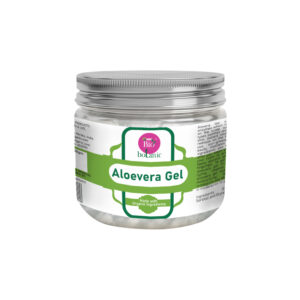
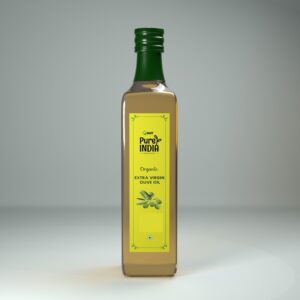
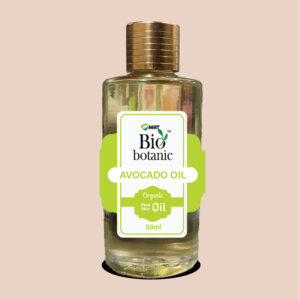
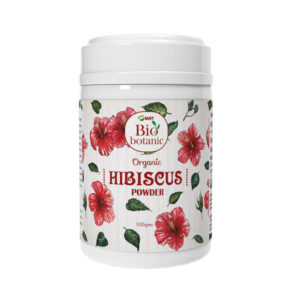

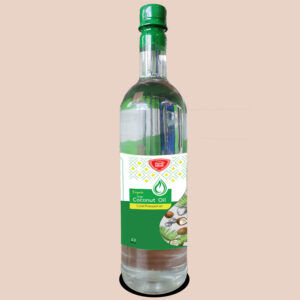
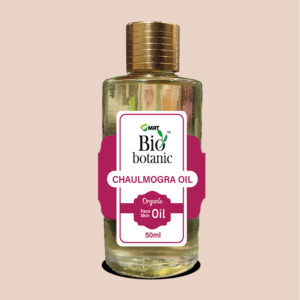

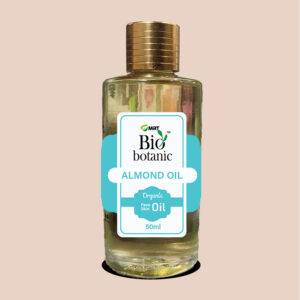
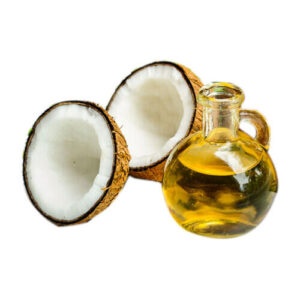








Reviews
There are no reviews yet.